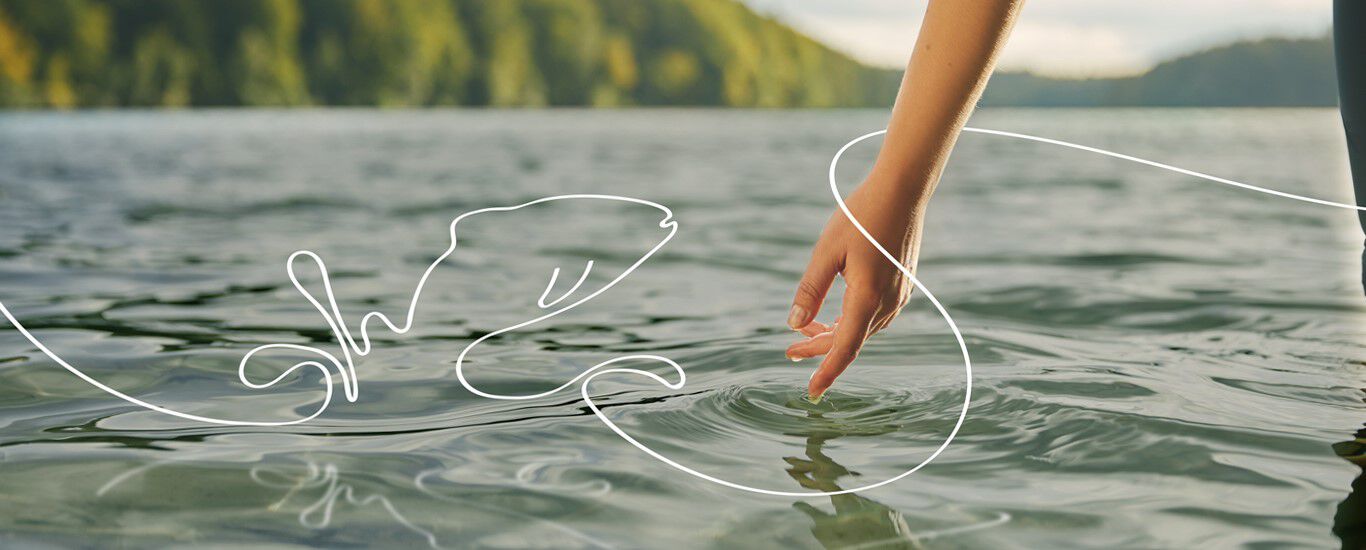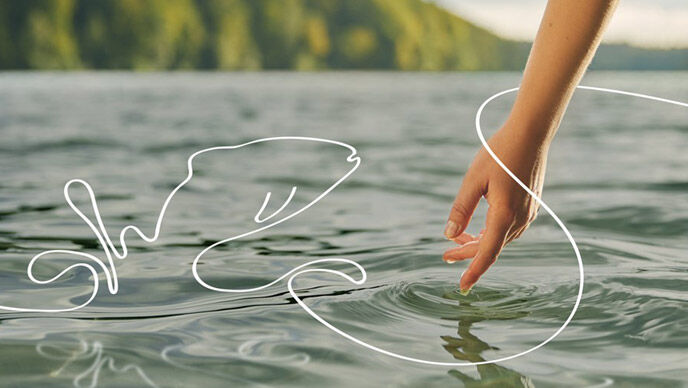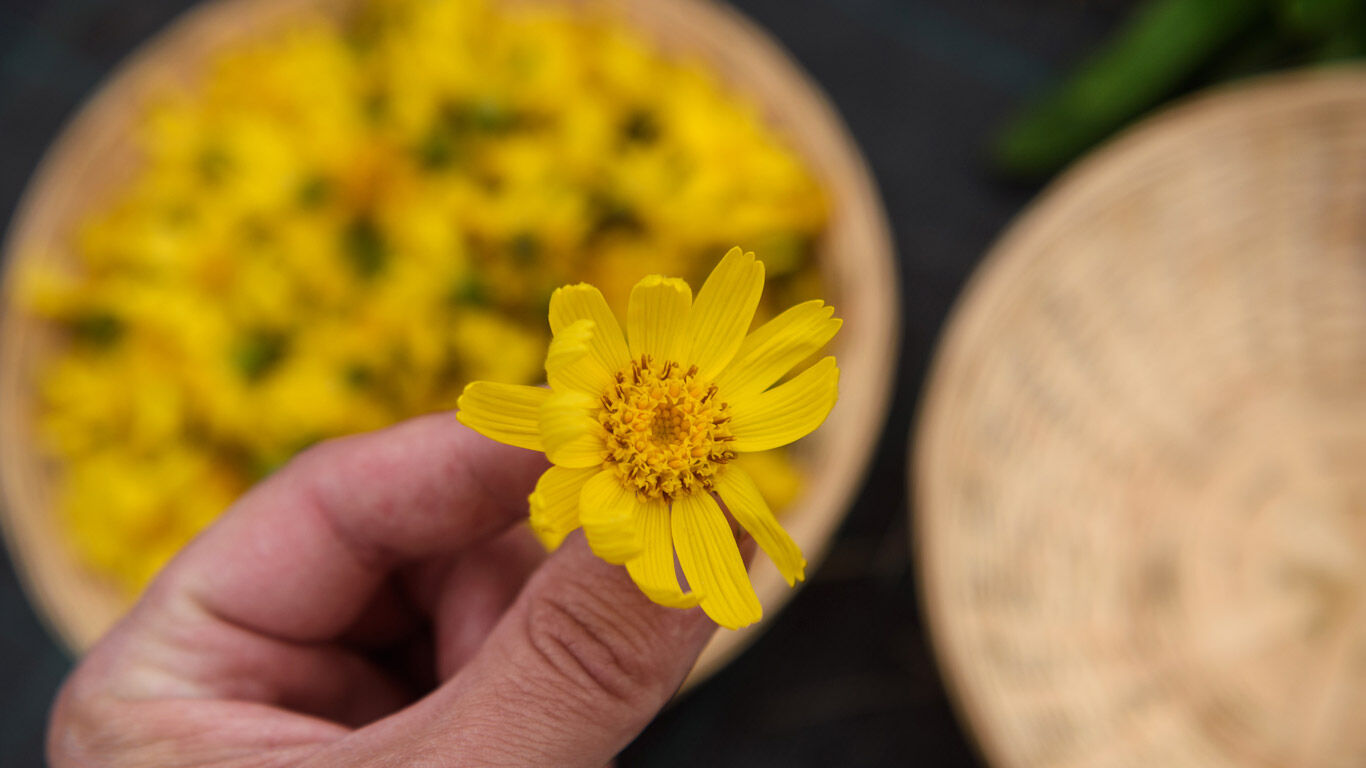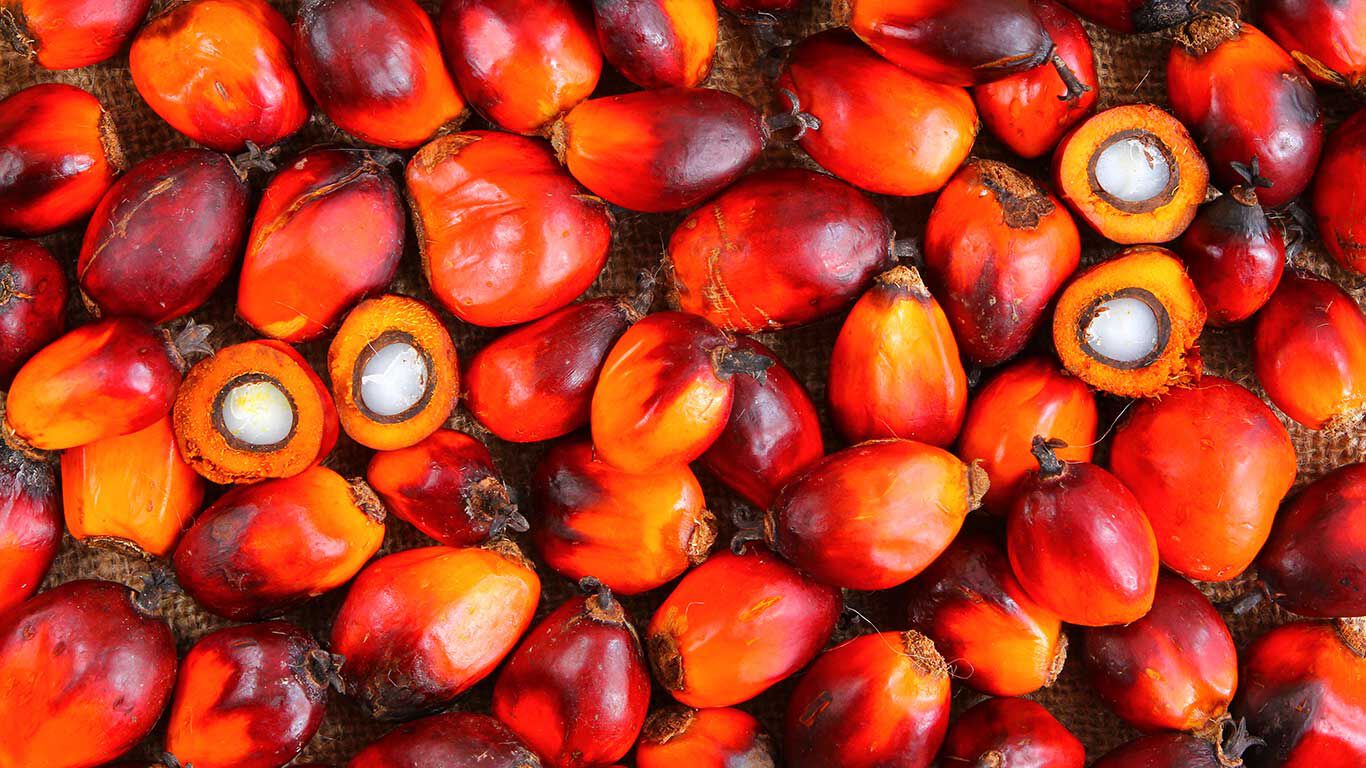Whether an ingredient is suitable for Kneipp products is also determined by its impact on the environment. The following applies: wherever natural ingredients prove to be sensible in terms of resource conservation, optimum compatibility and proven effectiveness, they are used. This includes more and more certified organic ingredients. We do not use preservatives (such as parabens) and use plant-based emulsifiers.
We also use natural vegetable oils or oils derived from vegetable fatty acids in our cosmetics. The situation is similar when it comes to fragrance: here too, nature provides us with almost everything we need in the form of natural essential oils. If the use of natural products is not justifiable for ecological reasons, we fall back on nature-identical fragrances.





